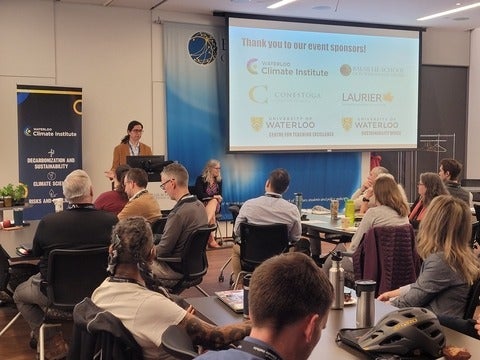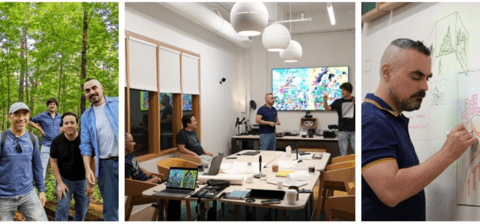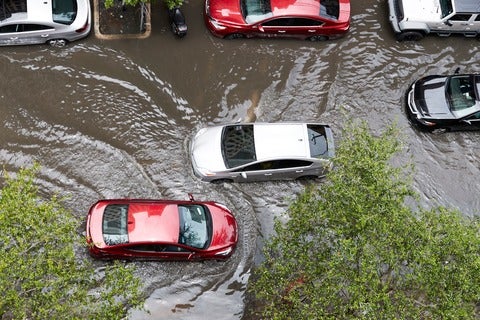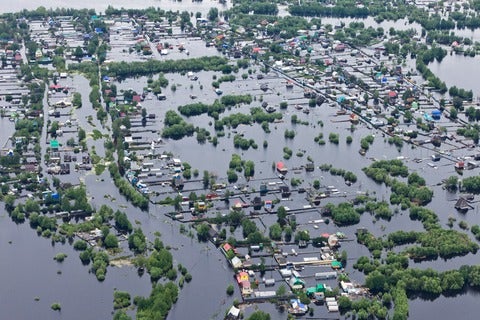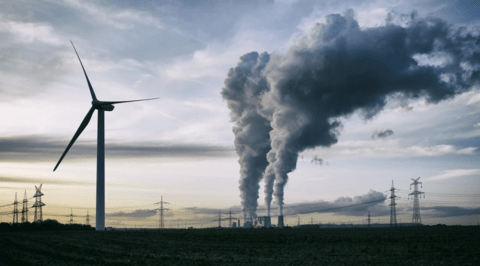Building International Collaboration to Enhance Supply System Resilience
Waterloo Climate Institute partners with the UN Office for Disaster Risk Reduction for the Americas and the Caribbean to lead international disaster risk workshop. Supply systems are fundamental to the business ecosystem. To strengthen the resilience of these supply systems in regions facing growing climate risks, there is a need to better understand how they work, identify the vulnerabilities, and recognize shared opportunities for risk reduction.


